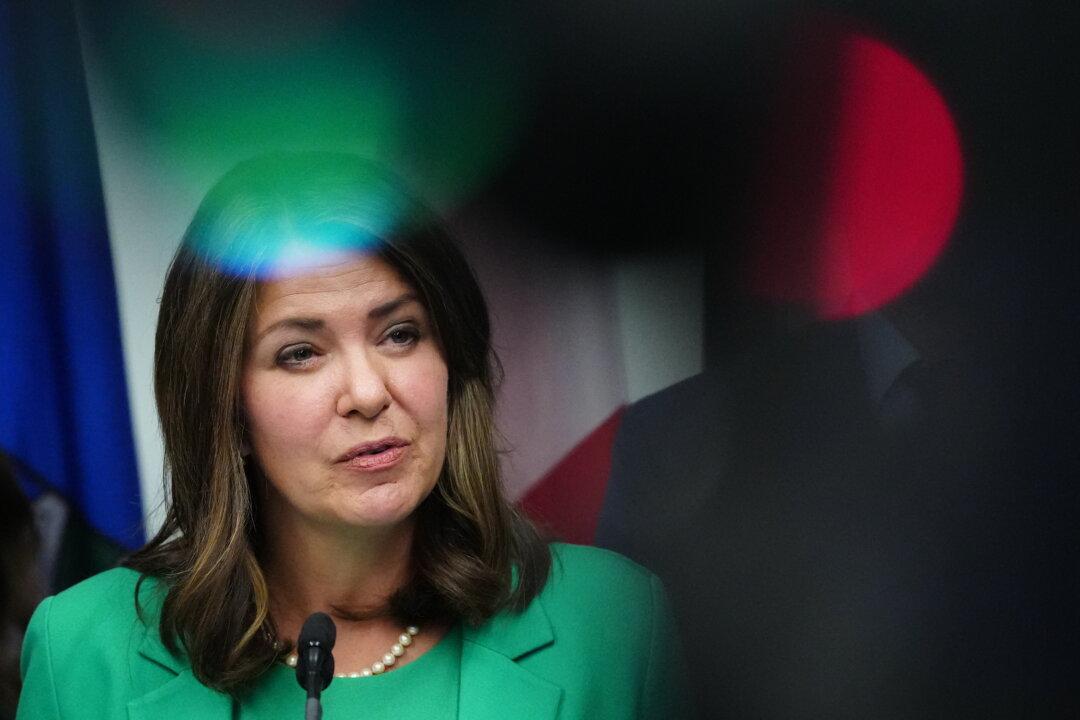As Ottawa and some premiers say they are ready to retaliate should the United Sates put tariffs on Canadian goods, Alberta Premier Danielle Smith says the path forward should be through diplomacy, arguing the current U.S. administration is unlikely to respond favourably to threats.
U.S. President Donald Trump didn’t impose tariffs on Canada and Mexico on the first day of his presidency on Jan. 20, but said they may come on Feb. 1 in response to the flow of illegal immigration and drugs into the United States from the two countries.





